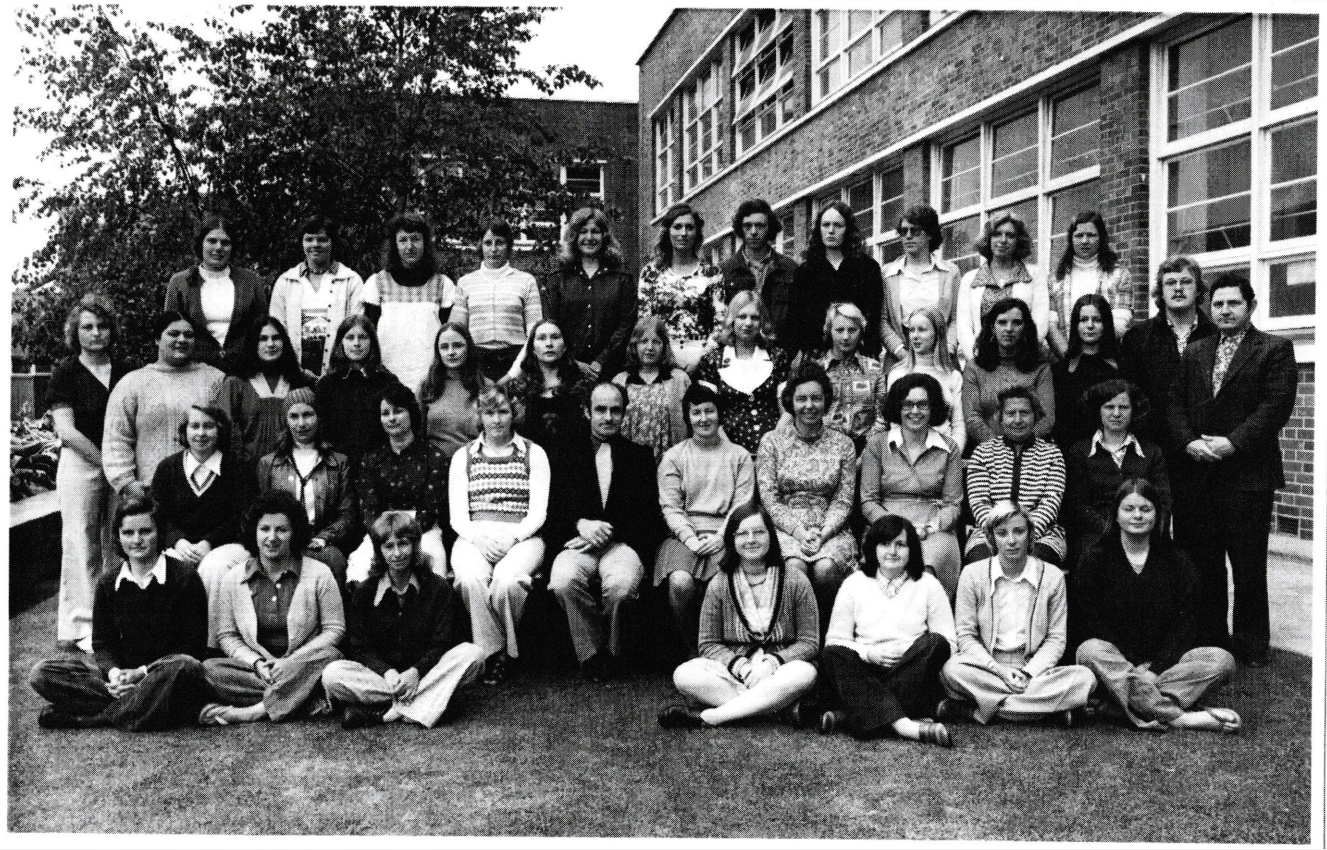Ara | Te Pūkengawelcomes back the OGs of Polytech nursing study
06 October, 2023
Class of ’73 planned reunion includes a tour of state-of-the-art Manawa campus

It’s exactly 50 years since there was a radical change in nursing education in Aotearoa from hospital-based to tertiary institute learning. Members of the very first polytech class at what was then the Christchurch Technical Institute – now Ara | Te Pūkenga - are gathering this weekend to mark their milestone nursing origins.
Reunion co-organiser Jane O’Malley said the class of ’73 were told at the time they were ‘epoch makers’. “My classmate Janice Clayton recalls sitting in our tiered lecture hall and our head of school describing us that way. We certainly felt part of something special,” she said.
The significant change was borne out of a nationwide review of hospital and related services in 1969 and the subsequent report by Dr Helen Carpenter: ‘An improved System of Nursing in New Zealand’.
In election year 1972, the then-New Zealand Nurses Association (under its president, now Dame Margaret Bazley) led a powerful campaign to pressure the government to act on the report.
Operation Nurse Education took flight with a diverse range of players around the table including the Technical Institutes Association. By October that year, the group presented a report recommending transferring responsibility for nurse training from the Department of Health to the Department of Education - creating comprehensive programmes in technical institutes. Within months the new era was underway.
The book Freed to Care, Proud to Nurse - 100 years of the New Zealand Nurses Organisation by Mary Ellen O’Connor noted that the geographical distribution, vocational emphasis and multi-disciplinary nature of polytechs (along with some serious lobbying) tipped the scales in their favour away from universities at that time.
O’Malley, who was called on to speak about the time of change at a Nursing Education in Tertiary Sector (NETS) event earlier this year, recalled the moment she signed up.
“My school mate Tricia Connell and I spotted an article that appeared in the national newspapers at the end of 1972, and we cancelled plans for our hospital-based training. We started our first class in Christchurch in February, aged 17. Our educational home for the next three years was a group of prefabs on the outskirts of the campus.”
She said the comprehensive change embraced nursing in the fields of mental health, obstetrics, intellectual disabilities, general surgery and general medicine. It was seen as radical, and the unchartered waters were by no means always smooth.
“It was ambitious,” O’Malley said. “The underpinning philosophy had a humanistic, holistic, patient and family-centric, preventative and early intervention ideal. The three years of concentrated education gave us a great foundation and the nature of our comparatively short clinical placement rotations gave us an ability to assimilate knowledge and skills very quickly.”
奥马利说,她在科技引发了个人a lifelong thirst for learning. She studied a Health Science degree from Massey, a master's while nursing in New York and a PhD back in New Zealand during her 46-year career.
The Doctor of Nursing collected lifelong friends too – some of whom will gather to mark 50 years this weekend with a tour of the Ara | Te Pūkenga Manawa campus simulation floor, social gatherings and a special preview of an exhibition marking 100 years of nursing in Canterbury at the Nurses Chapel near Christchurch hospital.
Ara | Te PūkengaHead of Department for Health Practice Genevieve Togiaso said it was an honour to host the group during their celebrations.
“These are true pioneers of nursing education as we know it today. They became ambassadors for a new approach to nursing education which was audacious – leading to a nursing workforce with a diversity of practice and experience which has stood the test of time.”
Togiaso said nursing education has continued to grow and change over the past 50 years.
“Those who signed on in 1972 played a significant role in the history of our profession in Aotearoa. Today nurses can join one of four intakes per year to study the Bachelor of Nursing programme here at Ara | Te Pūkenga, with their theory tested in a range of clinical settings throughout the three-year degree.”
